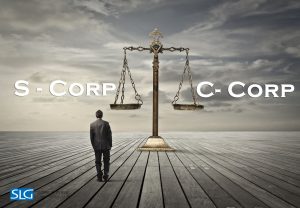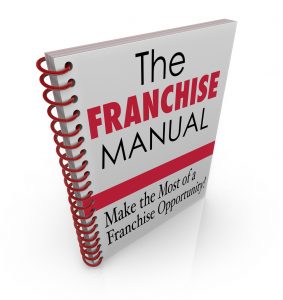Of the many challenges faced when starting a business, creation of a company’s bylaws can be one of the more complex, technical, and overwhelming challenges of them all. While daunting, such agreements can protect startup companies from liability in business transactions. A Silicon Valley corporate lawyer can help your business create the bylaws which will best meet your legal needs.
Before crafting any corporate policy, it is important to determine your goals. Does the policy need to protect the company from legal liability? Reduce operating expenses? Provide clarity for executing important business discussions? Identifying clear goals will allow for bylaws to effectively address such needs. Owners should also be sure to consider both the short and long-term needs of the business. Business, financial, and legal concerns can change over time. Effective bylaws will allow the business to adapt to the dynamic reality of the marketplace.
 Business Lawyers Blog
Business Lawyers Blog











